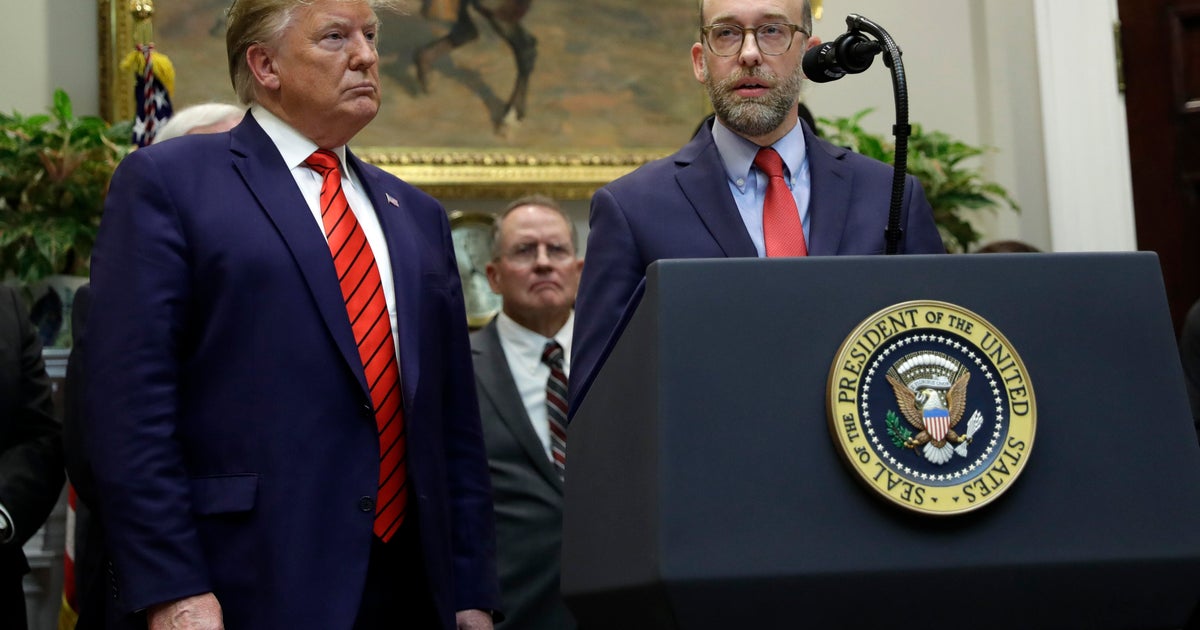Mike Pence addresses abortion opponents at March for Life
WASHINGTON -- Vice President Mike Pence told a crowd gathered Friday for the annual March for Life that ending taxpayer-funded abortion and choosing a Supreme Court justice who will uphold “God-given” liberties are among the administration’s top priorities.
Pence was the first sitting vice president to address the march. Speaking to demonstrators near the Washington Monument, he also accused the Supreme Court, in the landmark Roe v. Wade decision that legalized abortion, of turning “away from these timeless ideals.”
One of President Donald Trump’s first acts after taking office a week ago was to sign an executive order banning U.S. aid to foreign groups that provide abortions. Pence said more such action would follow.
Trump will “work with the Congress to end taxpayer funding of abortion and abortion providers, and we will devote those resources to health care services for women across America,” he said.
A budget provision known as the Hyde Amendment already bans federal funding for Medicaid coverage of most abortions. Conservatives would like to see the rule made into a permanent law.
Trump will nominate a Supreme Court justice next week who “will uphold the God-given liberties enshrined in our Constitution,” Pence said.
The March for Life is usually held on the anniversary of the Jan. 22, 1973, Supreme Court decision, but it was pushed back this year because of Trump’s inauguration.
Kellyanne Conway, one of Trump’s top advisers, also spoke, telling marchers that Pence and Trump “stand here with you. ... their decisive actions as president and vice president will further this cause.”
Republican majorities in both chambers of Congress vow to end federal funding for Planned Parenthood, which provided more than a third of the nation’s abortions in 2014. They also hope to ban most abortions after 20 weeks of pregnancy. Trump has pledged to sign both measures if they reach his desk.
Less than a year ago, with Barack Obama’s second term winding down, things were markedly different. The Supreme Court struck down Texas’ strict regulations on abortion clinics as interfering with a woman’s constitutional right to terminate a pregnancy. And with polls at the time suggesting Hillary Clinton would likely defeat Trump, abortion opponents worried about an era of liberal majorities on the court.
“The horizon looked bleak for the pro-life movement,” said Jeanne Mancini, president of the March for Life.
Mancini suggested that many voters chose Trump largely because he pledged to appoint a Supreme Court justice who shared their views on abortion, even if they disagreed with him on other issues.
“I don’t identify as a Republican or a Democrat, but I do vote pro-life,” Mancini said.
Abortion opponents were also heartened by a recent study that found the number of abortions in the United States dropped below 1 million in 2014, the lowest total in 40 years. The report by the Guttmacher Institute, which supports abortion rights, credited increased access to birth control but also a surge in abortion restrictions in many states.
Americans remain deeply divided on abortion.
The latest Gallup survey, released last spring, found that 47 percent of Americans described themselves as pro-abortion rights and 46 percent as anti-abortion. It also found that 79 percent believed abortion should be legal in either some or all circumstances.
Ilyse Hogue, president of NARAL Pro-Choice America, said that poll shows why abortion-rights supporters should not despair. She also said Republicans were taking actions that would result in more illegal abortions and deaths of pregnant women.
“The vast majority of Americans support Roe v. Wade and support the legal right to abortion,” Hogue said.
Friday’s march comes less than a week after one of the largest mass demonstrations in the history of the nation’s capital, the Women’s March on Washington, which drew more than half a million people opposed to Trump on issues including abortion.



